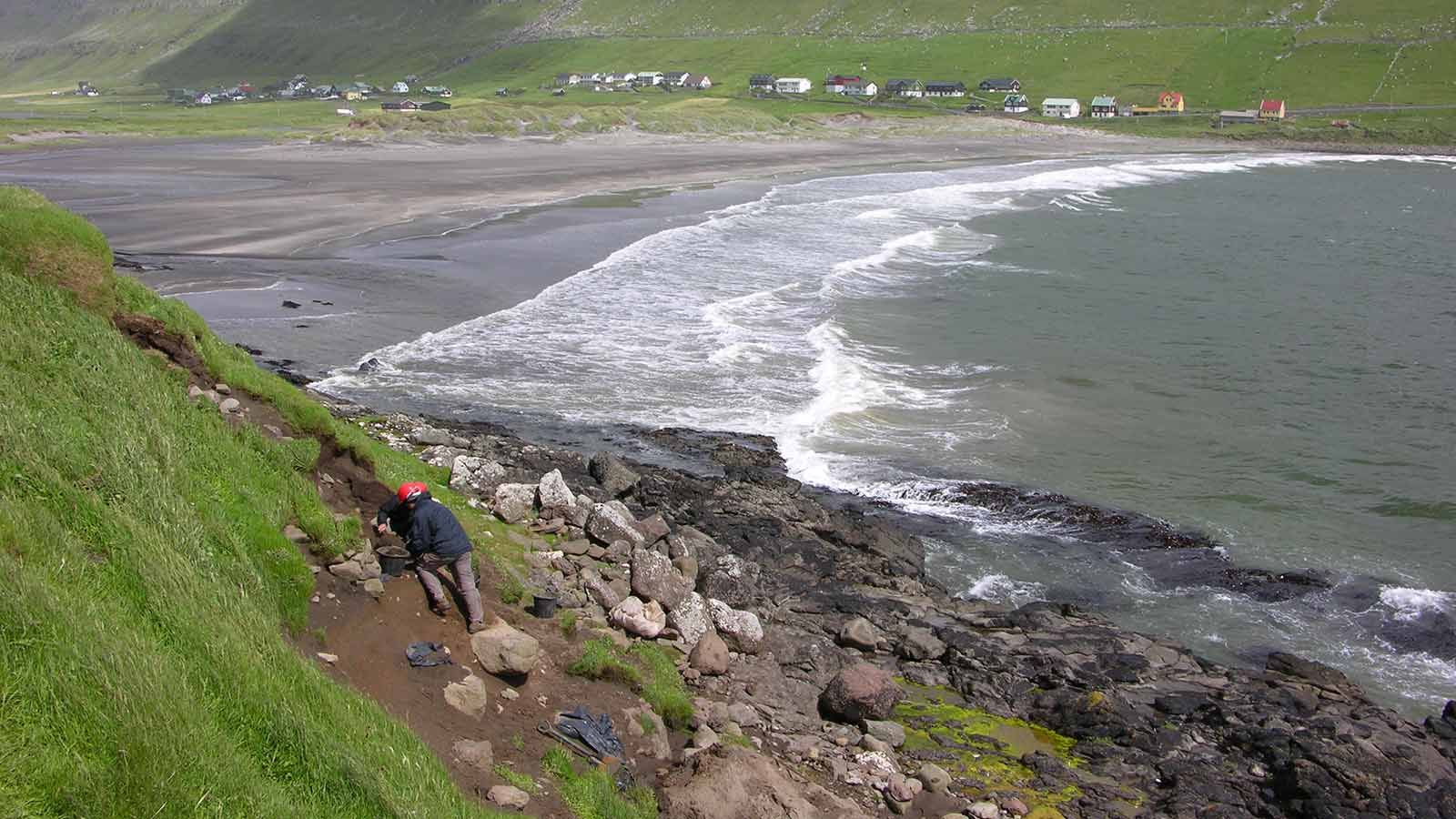Graduate Program
The Hunter College Master's Program in Anthropology offers a first-class graduate-level grounding in the basics of anthropology and extensive exposure to advanced research. We are committed to providing a level of master's training second to none. Our program prepares students for a wide array of professions and provides a disciplinary grounding for students interested in pursuing advanced study in any of the four fields of anthropology: social and cultural anthropology, linguistic anthropology, biological anthropology or archaeology.


